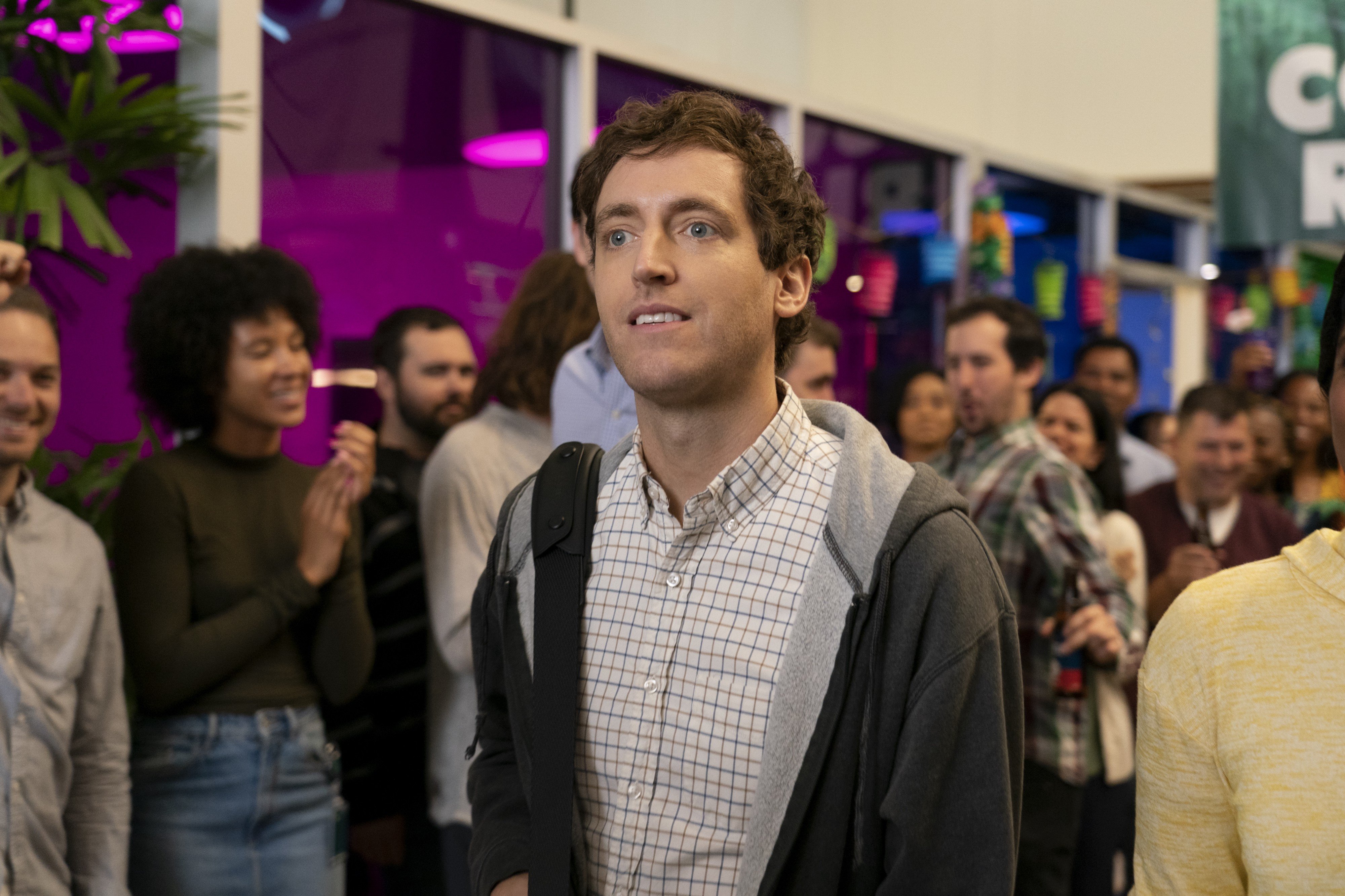“Silicon Valley” has always been a repetitive show. Whenever Richard and the men of Pied Piper got anywhere close to success, they’d have the rug pulled out from under them and have to start all over again next season. Yet that is and always has been the formula of a sitcom. Thankfully, producers Alec Berg and Mike Judge have been able to do so much within it that they’ve successfully cemented the show as one of the best of this generation. Topical, irreverent and hilarious, it has earned its place among the best shows in HBO’s catalog and on television as a whole. As it bids farewell with its sixth and final season, it does so in the worst possible way for a viewer: making a season so great it leaves them longing for more.
For “Silicon Valley” to be as strong as it is today is a miracle, as few other shows have been riddled with as many obstacles throughout their lifetimes. There was the departure of actor TJ Miller, whose absence from the show could have easily deprived it of life and energy, but instead allowed for other cast members to show off their own comedic skills. There was the development of producer and director Alec Berg going to work on “Barry” with Bill Hader and splitting his time between the two shows after only a few seasons of “Silicon Valley.” While this could have spelled trouble for the quality of both shows, audiences (and HBO) were instead blessed with two critically-acclaimed comedies that exist today as both audience favorites and awards contenders. Finally, there existed the problem of the actors from the show becoming too successful. With his sleeper hit “The Big Sick” garnering him lead billing in blockbusters and an Oscar nomination, Kumail Nanjiani’s schedule could have been too busy to allow him to give the show that made him a star a proper send-off. Same goes for Martin Starr in his turns in the Marvel “Spiderman” films and Thomas Middleditch with his stand-up tour and role in “Zombieland: Double Tap.” Yet, in spite of all these potential distractions, those working on the show were able to come together one last time to bring forth an ending as great as its beginning.
While any other show would have been busy tying up narrative threads from seasons past, “Silicon Valley” continues to set itself apart. It chooses to continue pushing the narrative forward by adding depth to the cast we’ve grown to love and putting them in completely new situations as they walk off into the sunset. Jared (Zach Woods) is given a proper storyline that allows us to see him as his own man and not only the timid advisor to Pied Piper he’s always been. Gilfoyle (Martin Starr), whose best moments always come from besting Dinesh (Kumail Nanjiani), now has to come face-to-face with an equally conniving executive tasked with forcing our favorite nihilist into doing things the company way. And Richard is no longer just the incredibly awkward CEO speaking to a handful of employees; he’s the incredibly awkward CEO speaking in front of Congress with everyone watching at home.
That being said, the classic aspects of the show that we fell in love with still exist and shine in this final season. As fun and comedic as the show is, every season’s storyline has had a plot as smart and complex as any prestige drama on television, and this season finds itself no different. Every episode naturally segues into the next, and the situations Richard finds himself in as he attempts to both create a new internet and retain his morality build onto each other. In the end, with his problems spiraling into a massive snowball, we’re left wondering if there is any actual way he can end up on top. For a show about the geniuses creating our modern world, it is entirely a comedy of errors. As badly as we want Richard to succeed, we can only cringe and facepalm whenever his well-intentioned acts backfire on him: when he blackmails a partner to stop recording users through their gaming headsets, he accidentally grants him the means to do so in a more profitable way.
Though an eight-episode season is normal in today’s entertainment norms, it almost seems unjust to cap something so wonderful and not allow it to go on forever. Yet, this is the reality of the tech industry’s hallmark sitcom — we can only be grateful that the men and women who worked on it put as much effort as they did to ensure that we can laugh one last time at the insanity of Pied Piper.
Contact Allan Lopez at allan300 ‘at’ stanford.edu.
